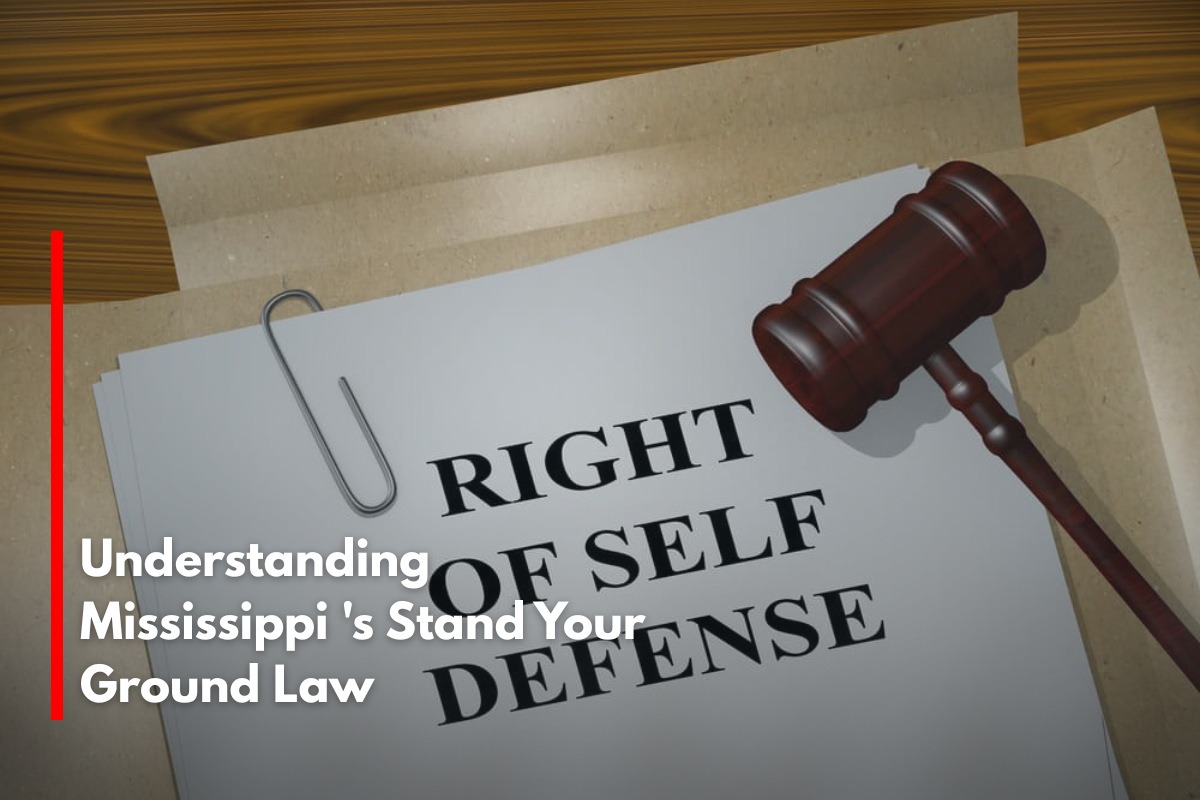Mississippi’s Stand Your Ground law allows individuals to use force, including deadly force, to defend themselves without the legal obligation to retreat when they are in a place where they have a right to be. This law removes the traditional duty to retreat before using self-defense, which historically required a person to avoid confrontation if safely possible.
Key Provisions of Mississippi’s Law
According to Mississippi Code Section 97-3-15, a person who is not the initial aggressor and is in a lawful place may use deadly force in self-defense or defense of others if they reasonably believe it is necessary to prevent imminent death or great bodily harm. The law protects individuals who stand their ground and use force under these circumstances from criminal prosecution and civil liability, provided they meet legal criteria.
The law also extends justifiable use of deadly force to resisting certain felony crimes on immediate premises such as one’s domicile, vehicle, or place of employment.
No Duty to Retreat
The hallmark of the Stand Your Ground law is that the person defending themselves has no duty to retreat. This means if you face an immediate threat in a place where you lawfully are, you can stand your ground and use force rather than attempting to escape, even if retreat is possible and safe.
This shift from traditional self-defense standards is intended to empower law-abiding citizens to protect themselves without fear of legal repercussions for not fleeing.
Justifiable Homicide and Use of Force
Mississippi recognizes justifiable homicide under the Stand Your Ground context, meaning killing another person can be legally justified when done to prevent an imminent threat of death or serious injury.
However, the law also emphasizes that the use of force must be proportionate and reasonable. Excessive force or using force beyond what is necessary to repel the threat can lead to criminal charges. Additionally, those who initiate the conflict generally cannot claim protection under this law.
Examples and Application
A common scenario illustrating this law is a homeowner facing a violent intruder. If the homeowner is legally in their dwelling and reasonably fears for their life, they are legally permitted to use deadly force without attempting to retreat.
Similarly, if a person in a public setting is attacked and faces serious harm, they do not have to back away or flee but may use force in defense, provided they were not the aggressor and were legally present.
Legal Considerations and Controversies
While the Stand Your Ground law provides critical protections for self-defense, it has sparked controversy, including concerns about increased violence and misuse. Courts carefully examine cases to ensure the criteria—such as legitimate threat perception and absence of initial aggression—are met.
Legal experts advise individuals to understand their rights and responsibilities fully and consult qualified attorneys if involved in a self-defense incident.
Mississippi’s Stand Your Ground law affirms the right of individuals to protect themselves without retreating when facing imminent threats, provided they act reasonably and lawfully. This law redefines traditional self-defense principles, giving residents strong legal grounds to defend their lives and property. Understanding the nuances of the law is essential for both protection and legal compliance.
Sources
(https://giffords.org/lawcenter/state-laws/stand-your-ground-in-mississippi/)
(https://www.justia.com/criminal/defenses/stand-your-ground-laws-50-state-survey/)
(https://www.mississippi-lawyers.com/blog/stand-your-ground-dont-back-down-when-is-violence-considered-self-defense/)
(https://en.wikipedia.org/wiki/Stand-your-ground_law)
(https://billstatus.ls.state.ms.us/documents/2025/html/HB/0100-0199/HB0117IN.htm)











